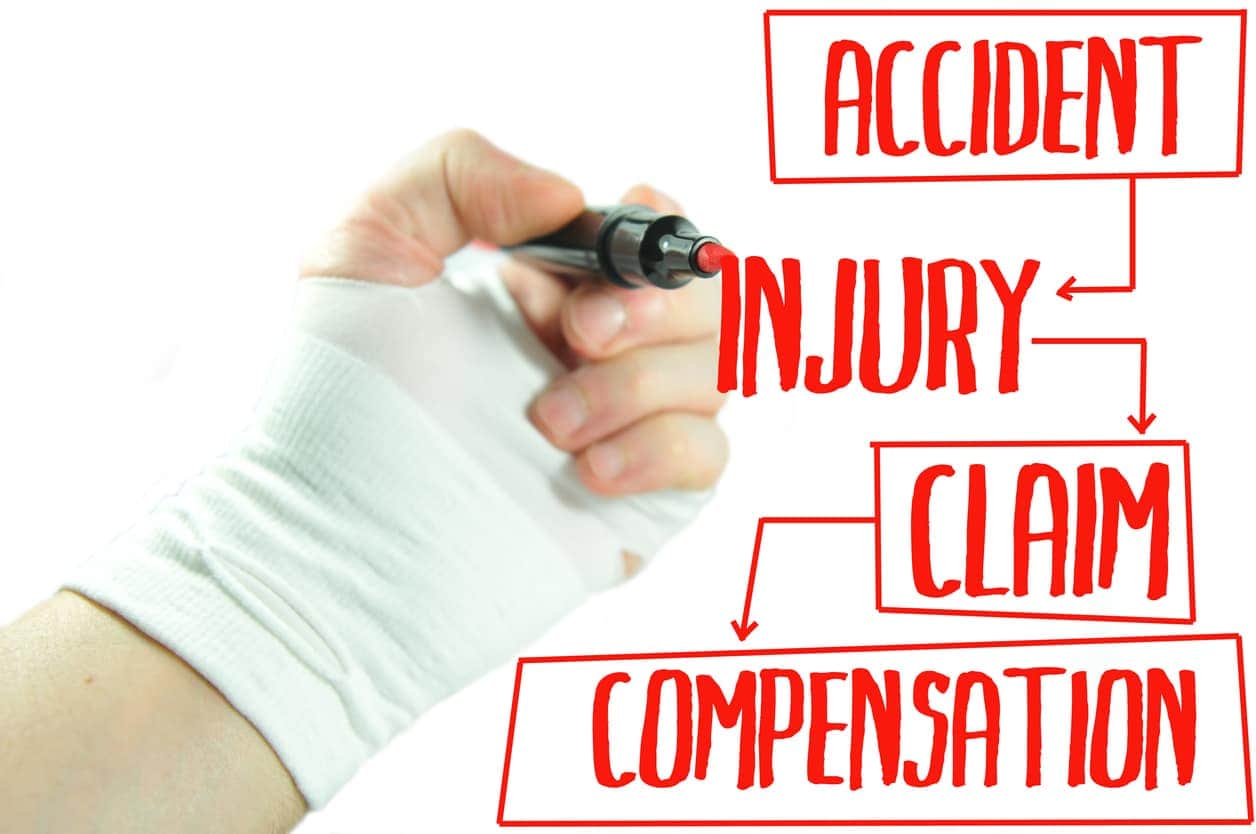If you refuse medical treatment for your work injury, you may jeopardize your ability to recover on your workers’ comp claim. It’s important to talk with an experienced Virginia workers’ compensation attorney before refusing the treatment recommended by your medical professional.
Virginia Workers’ Compensation Act Provisions
The Virginia workers’ compensation statutes contain numerous complex provisions that apply to your workers’ compensation claim. Under the law, your employer must provide specific benefits for a work injury, including lifetime medical benefits, wage loss replacement, permanent partial disability for certain injuries, and permanent total disability for other specific injuries.
The employer’s responsibilities include furnishing medical treatment after a work injury. At the same time, the injured worker must accept reasonable and necessary medical treatment for a work injury. In some circumstances, refusal of recommended medical treatment may result in loss of your benefits.
The Virginia Workers’ Compensation Act, at Va. Code Ann. § 65.2-603B, specifically addresses the effect of a worker’s refusal to accept medical treatment for a work injury. It states:
The unjustified refusal of the employee to accept such medical service or vocational rehabilitation services when provided by the employer shall bar the employee from further compensation until such refusal ceases and no compensation shall at any time be paid for the period of suspension unless, in the opinion of the Commission, the circumstances justified the refusal.
Under this provision, you can lose your benefits if you refuse medical treatment without justification. Proving that your refusal is justified requires assistance from a knowledgeable workers’ compensation lawyer. To avoid losing your benefits, you should talk with a lawyer before you refuse medical treatment for your work injury.
What Happens If You Refuse Medical Treatment?
If your doctor recommends a treatment for your work injury, such as surgery, injections, or medication, and you refuse the treatment, the insurance company likely will immediately stop paying your workers’ comp benefits. They may file an application for a hearing with the workers’ comp commission, claiming that you are not cooperating with the recommended medical treatment. The denial of benefits results in a hearing before a deputy commissioner.
If the deputy commissioner determines that the refusal was not justified, the insurance company will no longer be obligated to send you wage loss benefits. You can appeal to the full commission. Anytime you have a hearing before a deputy commissioner or the full commission, representation by legal counsel is absolutely essential.
When Is Refusal of Medical Treatment Justified?
In reviewing a refusal of medical treatment, the Virginia Workers’ Compensation Commission views the situation from the employee’s perspective and considers the information available to the employee when the refusal was made. This does not mean that refusal will always be justified.
Generally, for refusal of medical treatment to be justified, the refusal must be objectively reasonable, rather than due to unfounded discomfort or concerns of the employee. The determination is made on a case-by-case basis, considering the facts in each individual case.
In previous cases of medical treatment refusal, Virginia courts have found certain circumstances to justify a worker’s refusal of recommended medical treatment. They include situations where the treatment was life threatening, the doctor’s explanation of the treatment was not adequate, the worker previously had a bad outcome from similar treatment, and when there were substantial problematic risks to the worker coupled with a low likelihood of success.
Similarly, the commission and courts have found that other circumstances do not justify a worker’s refusal of recommended treatment. If the reasons relate solely to the worker’s own anxiety or unfounded concerns, the commission likely will not find that the refusal is justified. An arbitrary refusal without a reasonable basis puts your benefits in jeopardy.
How to Evaluate Recommended Medical Treatment For a Work Injury
If you are receiving treatment for a work injury and are uncertain about recommended treatment, the first step is asking your doctor for more information about the recommendation. You should ask for the information in writing whenever possible.
If you are still uncomfortable or uncertain after your doctor has provided you with all the information about the treatment, you should tell the doctor that you will continue to evaluate the recommendation. Then call an experienced workers’ compensation lawyer as soon as possible. At the Virginia workers’ compensation law firm of Renfro & Renfro, our lawyers do not charge for your case evaluation, so there is no reason to hesitate contacting us to discuss your situation.
Schedule a Free Consultation With an Experienced Richmond, Virginia Workers’ Compensation Lawyer
There are many situations in which a knowledgeable lawyer can help with your workers’ compensation claim. Navigating your claim on your own without legal help often can result in you not receiving the full compensation you deserve. At the Richmond law firm of Renfro & Renfro, our dedicated workers’ compensation lawyers help clients with all issues related to Virginia workers’ comp claims, including situations in which the worker is uncomfortable with the recommended medical treatment. We welcome you to contact us for a free consultation and case evaluation.






